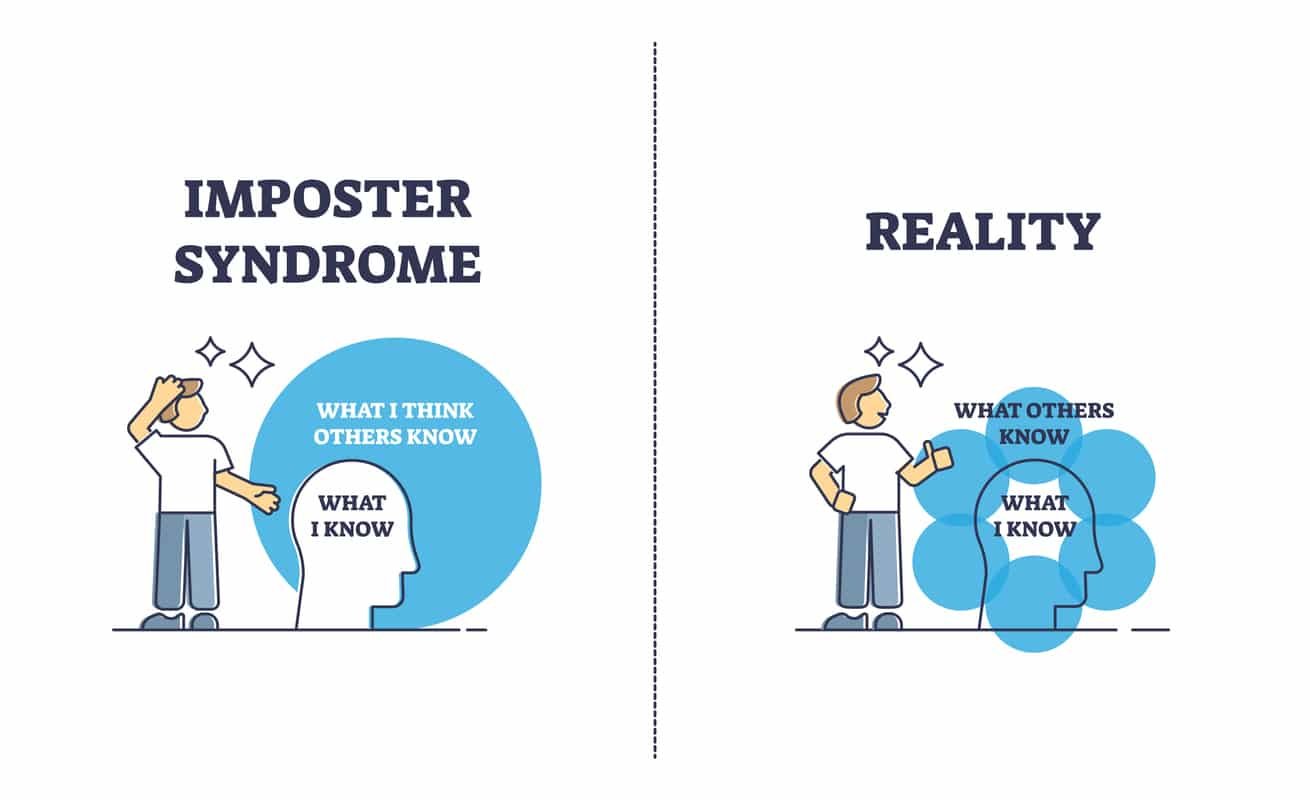Imposter Syndrome Isn’t Just in Your Head—It’s in the System
We’ve all heard the term “imposter syndrome” — that gnawing internal voice that tells you you’re not good enough, that you’re a fraud, that soon everyone will find out you don’t belong. It’s often framed as a personal problem. A mindset issue. Something you need to fix about yourself.
But what if the problem isn’t you?
What if imposter syndrome isn’t just in your head — it’s in the system?
The Narrative We’ve Been Sold
The mainstream narrative tells us that imposter syndrome is an internal battle. If you’re feeling like a fraud at work, in school, or in creative circles, the solution is often framed around personal development: read the right book, take a confidence workshop, meditate, speak affirmations into the mirror. You need to “believe in yourself.”
While these tools can help individuals cope, they also carry a subtle implication: you’re the problem, and it’s your job to fix it.
But let’s zoom out for a second.
Who Feels Like an Imposter and Why?
Imposter syndrome disproportionately affects women, people of color, first-generation professionals, LGBTQ+ folks, and other historically marginalized groups. That’s not a coincidence — it’s a consequence of systems that were never designed for everyone to belong equally.
When you’re one of the few in a room or constantly feel like you have to work twice as hard to get half the credit imposter syndrome isn’t a personal failure. It’s a logical response to systemic exclusion. Feeling like an outsider when you’re treated like an outsider isn’t irrational. It’s survival.

Systems That Reinforce Self-Doubt
Let’s talk about how the system breeds imposter syndrome:
Lack of representation: When you rarely see people like you in leadership roles, it subtly reinforces the idea that you don’t belong there either.
Gatekeeping culture: From elite schools to exclusive networking circles, access is often limited by who you know and how well you fit in.
Unequal feedback: Research shows that marginalized professionals often receive less actionable feedback, fewer stretch assignments, and harsher criticism.
Stereotype threat: Constantly worrying that your performance will confirm negative stereotypes puts an invisible cognitive tax on your work.
This isn’t about a lack of self-confidence. It’s about navigating environments that actively chip away at your sense of legitimacy.
Reframing the Narrative
We need to stop treating imposter syndrome as a personal flaw and start seeing it as a cultural and institutional signal — a symptom of deeper systemic issues.
Instead of asking individuals to adapt to hostile environments, we need to ask:
Who gets to feel like they belong by default?
Whose competence is assumed, and whose is questioned?
What would it look like to build cultures where everyone feels psychologically safe?
Healing Personally, Challenging Collectively
Yes, it’s okay to want personal tools to cope with imposter syndrome. Therapy, mentorship, affirmations — they can all help. But let’s be clear:
Healing yourself is not the same as fixing the system that made you feel broken.
Real progress requires collective action. That means:
Leaders who actively challenge bias and inequity.
Organizations that prioritize inclusive policies and representation.
Peers who amplify marginalized voices and create space for others.
Final Thoughts
Imposter syndrome isn’t just about doubting your worth — it’s about navigating structures that were built to keep certain people at the margins.
So if you’re feeling like a fraud, remember:
You’re not imagining things.
You’re not alone.
And most importantly — you’re not the problem.
The system is.
Found this helpful? Subscribe below for more



